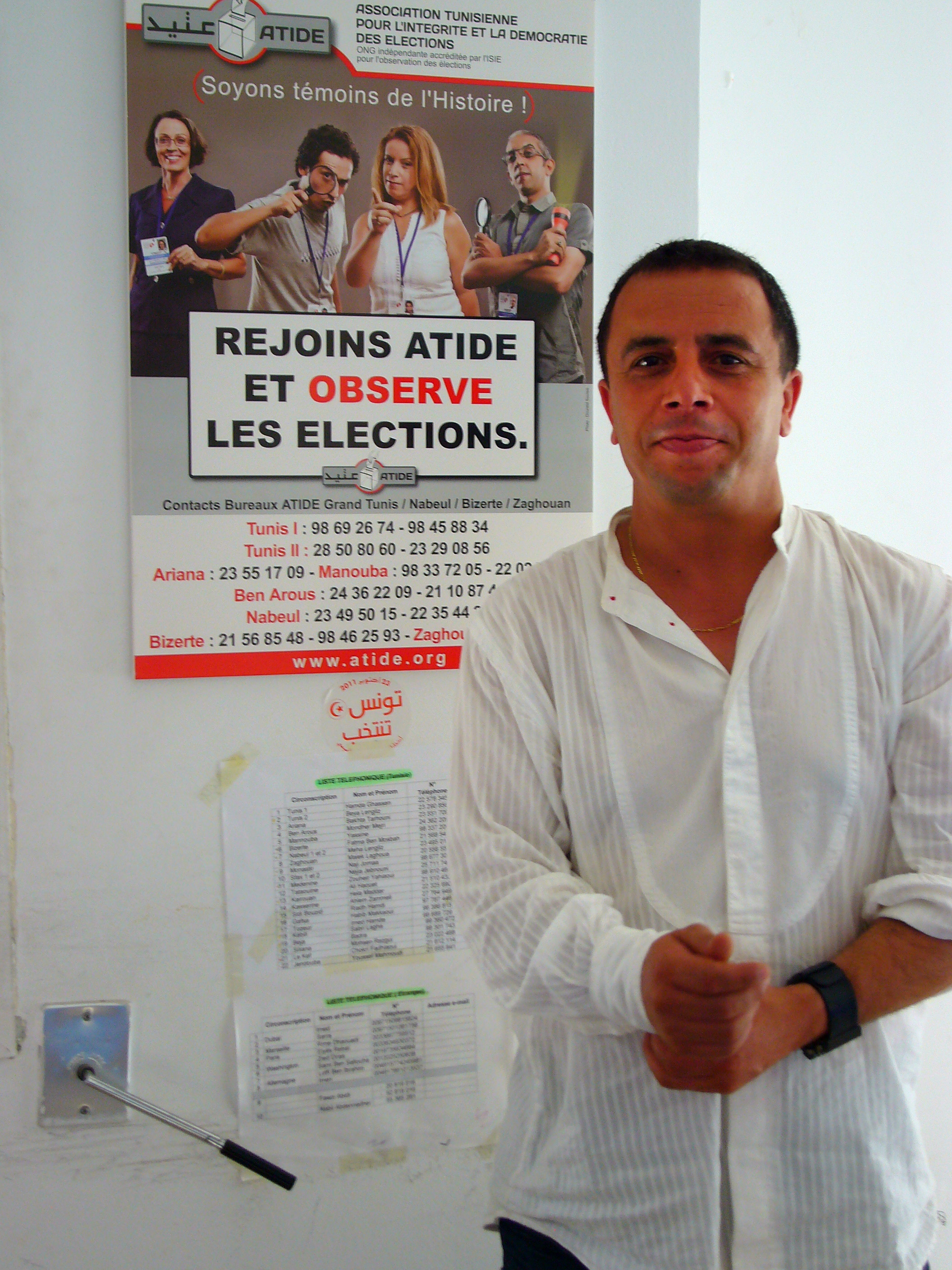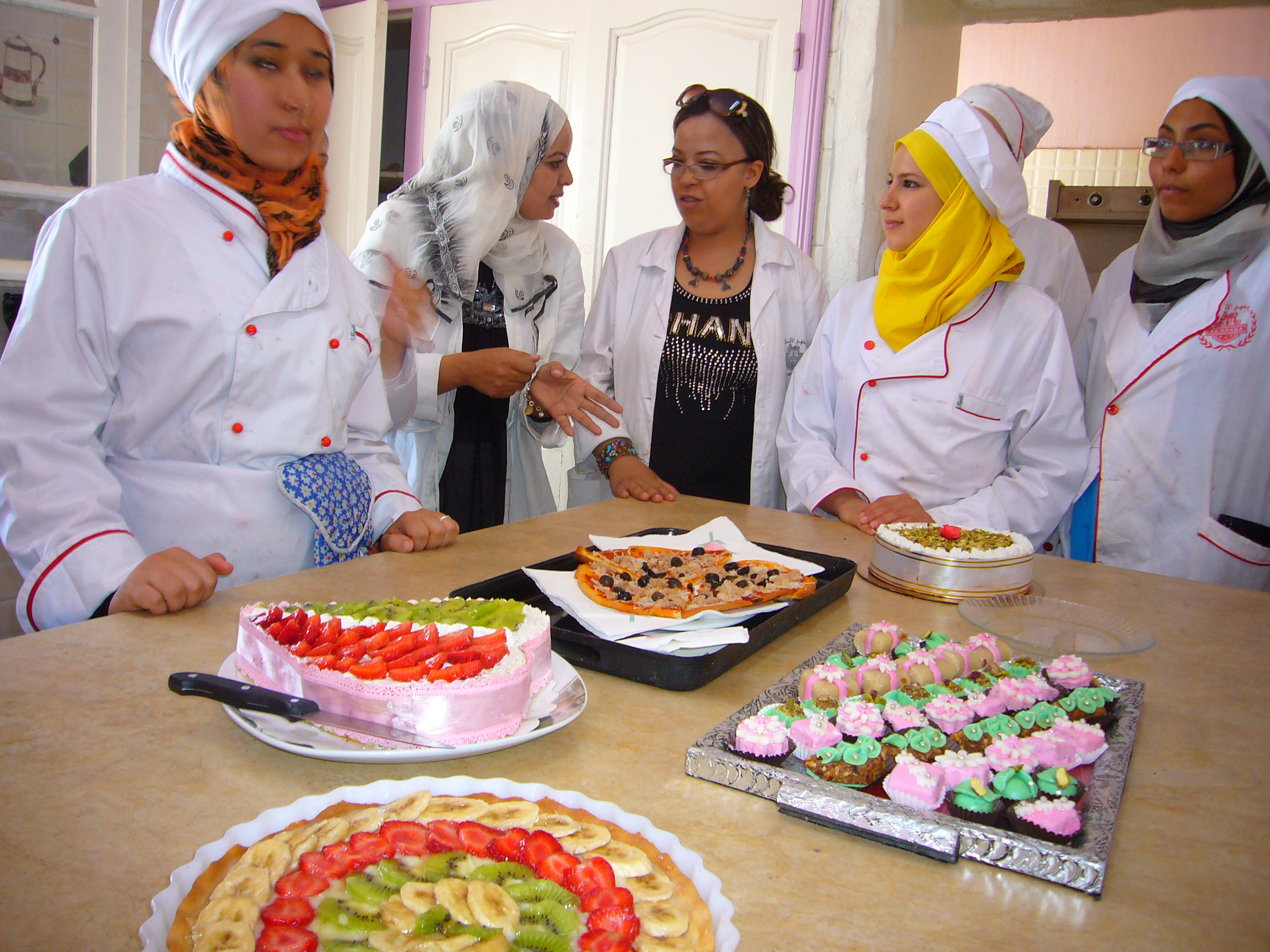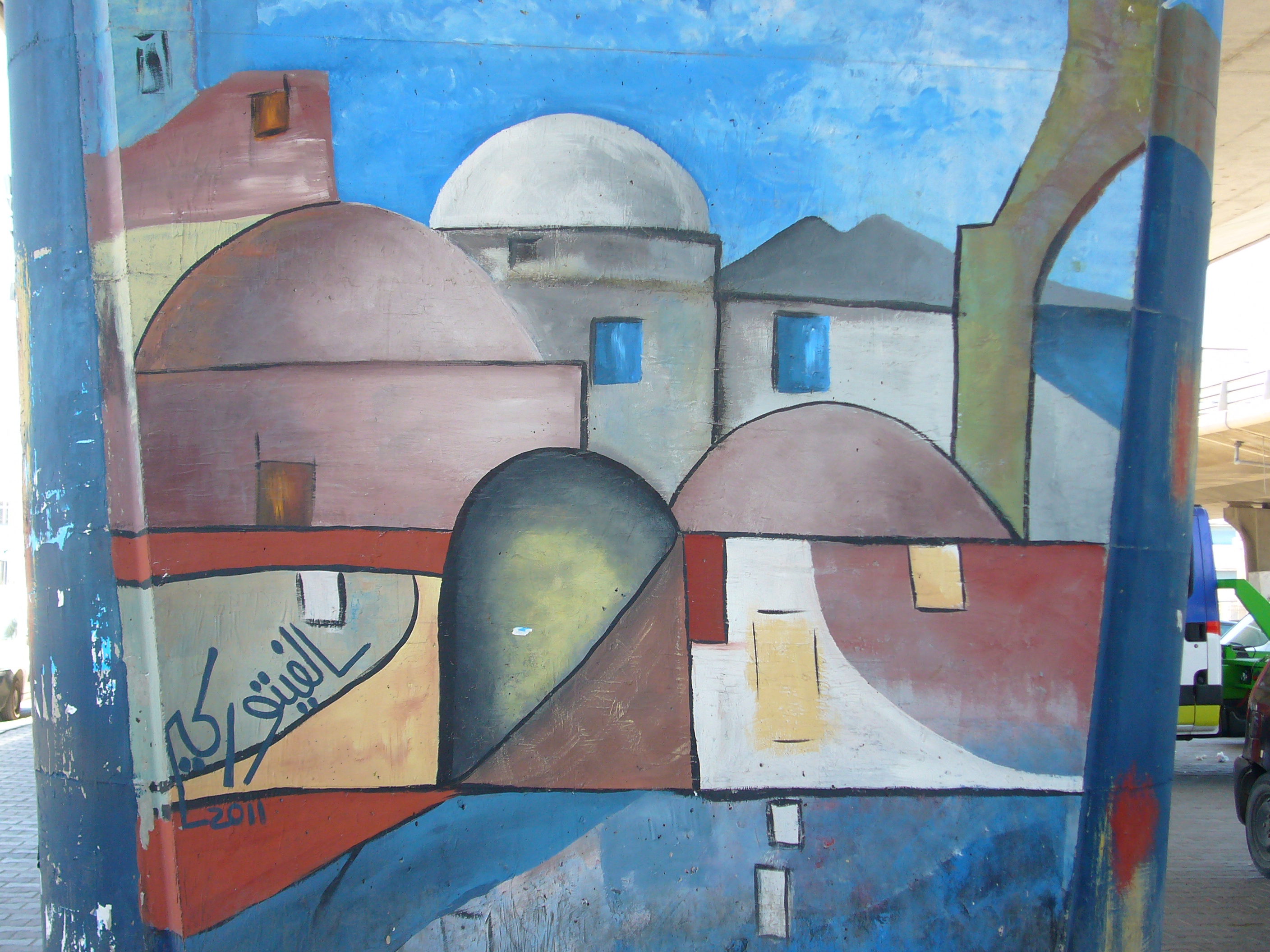Tunisia faces a long road to democracy

Nearly 18 months after its Arab Spring moment, Tunisia continues to grapple with the challenge of nation building. Switzerland is one country that has been supporting the transition to democracy from the start.
Pierre Combernous has been Switzerland’s ambassador to Tunisia since September 2010, just a few months before the uprising started. Speaking in the Swiss embassy near the lake of Tunis, he told swissinfo.ch how the Swiss government, seeing “a historic moment”, had decided to “get into the thick of support for transition” as soon as the regime of deposed leader Zine el-Abidine Ben Ali ended.
Part of Switzerland’s backing is in the form of financial aid to different non-governmental organisations, both Tunisian and international.
Ben Ali left behind a weighty legacy for Tunisians to deal with, but despite the 20 or so years of dictatorship, when power and wealth was concentrated more and more in the hands of the president and his cronies, there are plenty of reasons to be optimistic.
“The Tunisian revolution was unusual. If you compare it with other Arab countries, we emerged with the least damage,” explained Moez Bouraoui, chairman of Atide, a Swiss-supported NGO that monitored elections in October (see sidebar). “It’s one of the most peaceful revolutions in the history of mankind.”
The country has other things going for it as well.
“Tunisia is not starting from scratch,” said Haykel Ben Mahfoudh, senior advisor to DCaf Tunis, which works to promote good governance through the reform of the security sector (see sidebar). “It’s a country of institutions with a legal tradition and a longstanding political tradition.”
So experts, both Tunisian and foreign, have a good idea of what needs to be done and how to set about it.
“We are discovering democracy and freedom here in Tunisia with all its dimensions and also risks,” Ben Mahfoudh said, adding: “I think if we don’t take enough time to explain the process of democratic transition here in Tunisia, we may be in danger of nourishing people’s frustrations.”
New constitution
Tunisians elected a constituent assembly in October 2011, a temporary body which is to draft a new constitution – no easy task. As everyone realises who is involved in trying to ensure a smooth transition, there is a real bind here: laying the foundations for a stable democracy takes time, but many ordinary people are now grumbling that nothing much has changed since Ben Ali left.
“For the first time politicians were elected in a clean election with strong participation. They are discovering democracy. It’s beautiful, but of course it’s complicated, because it’s fraught with political games,” Combernous said
“We are not in an ideal world where you just take a template, put it on the table and say: ‘This is how it’s done.’ We are in the real world in which politicians and political ideas, which were never allowed to be expressed freely, are now in play. Of course it frustrates people, because they would like to see results.”
Democracy Reporting International, an international NGO which has been working in Tunisia since February 2011 (see sidebar), is another organisation which receives Swiss support.
“I think Tunisia has managed to do amazing things since the revolution took place,” director Geoffrey Weichselbaum told swissinfo.ch. He pointed to the success of the interim government in organising elections in a short space of time and the way in which political consensus is being built around some very important issues, including a text to act as a reference point before a permanent constitution is drawn up.
“I’m not saying it’s all rosy. Of course you can always do better. But I’m a very optimistic person.”
Poverty
Continuing poverty and rising prices influence the way in which ordinary Tunisians experience the revolution, which was partly sparked by economic problems.
“If your daily life does not improve economically, this contributes to the impression that things are not going in the right direction,” said Weichselbaum.
Atide members saw first-hand another consequence of poverty, finding evidence of money being handed over in exchange for votes.
“When you’re in a state of extreme poverty, it’s meaningless for people to talk about democracy. It someone comes along and offers you 30 dinars (SFr18) for your vote, it doesn’t occur to you that that is anti-democratic,” said its chairman Bouraoui.
In any case, democracy cannot be reduced to the casting of ballots, as he pointed out.
“Democracy also means that when you don’t agree, you hold a discussion and agree to disagree. And I still regard you as a Tunisian citizen worthy of respect. The fact that you don’t share my views is not a reason to exclude you.”
In his opinion, Tunisia has a long, long way to go to achieve this. Atide is involved in trying to raise awareness, arranging public meetings with members of parliament, where people can explain their problems, ask questions and exchange views in a neutral space.
“There is often quite a heated discussion, because Tunisians are not yet used to democratic debate. They shout, they call each other names, but the deputies accept it. I think if we repeat the experiment a few times, things will move in the right direction.”
Bouraoui bitterly regrets one legacy of the Ben Ali regime which is not often talked about: that people do not have a sense of belonging to Tunisia. “People just think of themselves, not of their country. The old regime emptied the country of its intellectuals, those who might make a contribution to public life, to moving the country forward.”
But Combernous is optimistic, seeing the efforts the Tunisians are putting into overcoming problems and forging a new model for their country.
“I believe Tunisia has so many trumps in its pack of cards that it’s difficult for it not to succeed.”
Swiss cooperation covers three linked areas: transition towards democracy and human rights, economic development and employment and migration and protection.
It involves a range of Swiss offices: the Swiss Agency for Development and Cooperation (SDC), the State Secretariat for Economic Affairs (Seco), the Federal Migration Office and the Human Security Division of the foreign ministry. Each has specific projects according to their specific mandates, but they create synergies among the projects.
The SDC focuses on technical assistance, while Seco concentrates on economic and commercial projects. They work both in the regions and at national level, in conjunction with Tunisian ministries.
Switzerland has two field offices in the regions, one in Medenine near the coast, and one in Kasserine, near the Algerian border.
Projects in Medenine include entrepreneurship promotion and the rehabilitation of schools. In Kasserine as well as promoting entrepreneurship, Swiss aid is helping to improve the water supply in rural areas and to construct sewage plants in urban areas. Switzerland is also supporting a project by the Fondation Hirondelle to train journalists at the local Radio Gafsa.
DCAF is an international foundation established in 2000 as the Geneva Centre for the Democratic Control of Armed Forces.
Based on the principle that security and the rule of law are essential for sustainable peace, it works to make security sectors accountable to the state and its citizens.
Its headquarters are in Geneva, and it has an office in Tunis. It was one of the first international organisations to offer its expertise to the transitional government, concluding its first agreement in February 2011.
Tunisia joined the DCAF Foundation as its 60th member in July 2011.
L’ATIDE, Association tunisienne pour l’intégrité et la démocratie des élections (Tunisian Association for the integrity and democracy of the elections) was established in March 2011 to promote democratic values, in particular the right to vote.
It divides its activities into three areas: awareness raising and information, monitoring and communication and advocacy.
DRI started work in Tunisia at the end of February 2011 supporting civil society organisations to help them become “watchdogs” for the democratisation process.
It also helps them with “capacity building” – i.e. enhancing the skills of the members of these organisations.
It further conducts training courses and workshops and gives expert advice on such things as electoral and constitutional issues.

In compliance with the JTI standards
More: SWI swissinfo.ch certified by the Journalism Trust Initiative


You can find an overview of ongoing debates with our journalists here. Please join us!
If you want to start a conversation about a topic raised in this article or want to report factual errors, email us at english@swissinfo.ch.